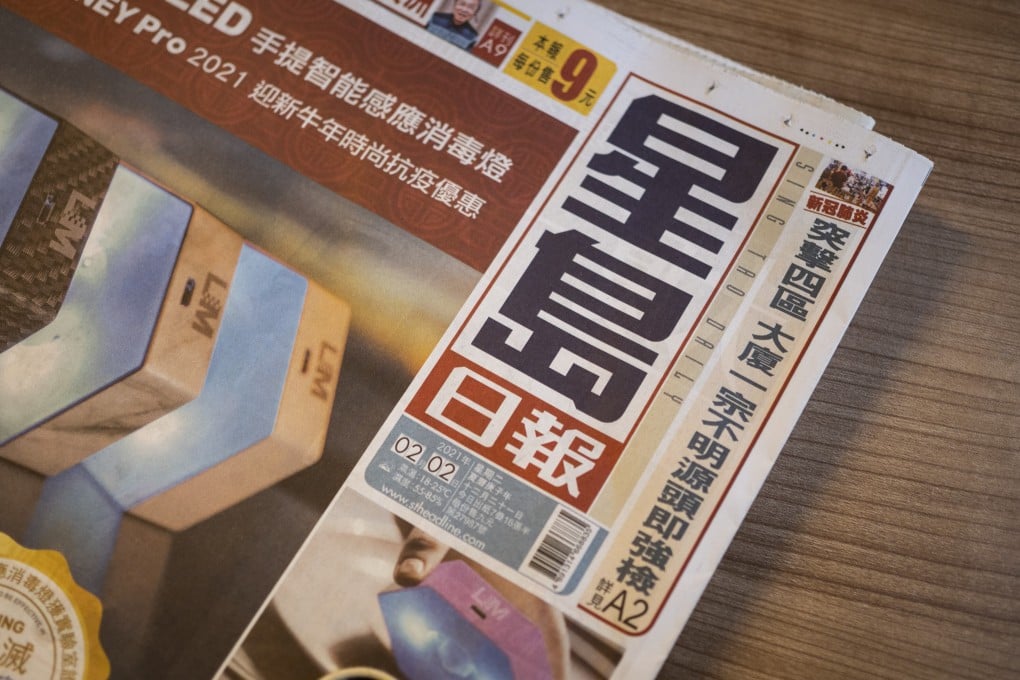Hong Kong newspaper Sing Tao forced to register US arm as a foreign agent
- It is the first media outlet from the city forced to make the registration after the Department of Justice ruled its operations constituted political activity
- Previously state media outlets including the state news agency Xinhua and television channel CGTN have had to make the same registration

The order means Sing Tao, which is viewed as a pro-Beijing outlet, is the first Hong Kong media outlet to register as a foreign agent in the US.
Filings to the Department of Justice this week declared that it was owned by the Hong Kong-listed Sing Tao News Corporation, and that its parent company’s stock was owned by individuals and entities considered to be “foreign principals” by the US government. The registration, stamped on Monday, was first reported by the US news site Axios.
In the filing, Robin Mui, chief executive of its New York branch, said the outlet is “editorially independent” from the Hong Kong-based corporation, which he said was “not owned by or affiliated with any foreign government or political party”.
The filing said Sing Tao US disagreed with the designation and considered itself to be operating similarly to other for-profit media in the country. It said the Department of Justice’s Foreign Agents Registration Act (FARA) unit had concluded that its operations constitute “political activity for purposes of the FARA”.